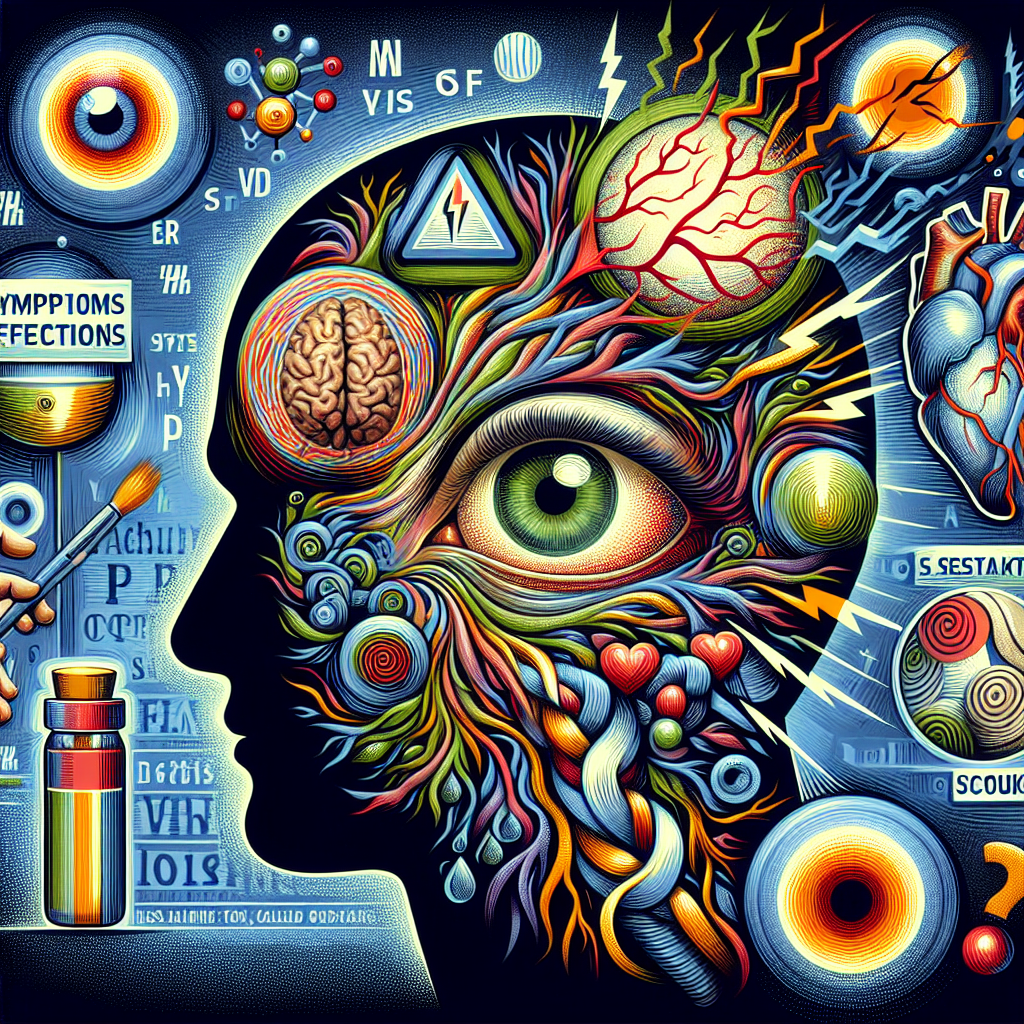Introduction
Imagine your vision as a vibrant painting—each stroke carefully placed to create a masterpiece. Now, envision a splash of water smudging that art, distorting what was once clear. This is akin to experiencing a stroke in the eye, an urgent medical condition that demands immediate attention. In this article, we delve deep into the symptoms of a stroke in the eye, understanding the urgency it represents, and exploring possible treatment routes to regain clarity.
- Understanding Eye Stroke
- Recognizing the Symptoms
- The Urgency of Treatment
- Prevention and Care
- Conclusion
Understanding Eye Stroke
A stroke in the eye, medically known as retinal artery occlusion, occurs when blood flow to the retina is blocked. The retina acts like a camera lens, capturing images and sending them to the brain. When deprived of oxygen-rich blood, this delicate tissue can be damaged, leading to sudden vision loss. Just as a storm disrupts the calm of a lake, so does an eye stroke disrupt our visual tranquility.
Types of Eye Stroke
There are two primary types of eye strokes:
- Central Retinal Artery Occlusion (CRAO): This affects the main artery supplying blood to the retina.
- Branch Retinal Artery Occlusion (BRAO): This impacts smaller branches of the main artery.
Recognizing the Symptoms
Spotting the symptoms of an eye stroke is crucial, akin to recognizing the first signs of a brewing storm. Here’s what you might experience:
- Sudden loss of vision in one eye, like a curtain falling over your field of view.
- Painless vision impairment or complete blindness.
- Visual disturbances such as floaters or flashes.
If you notice these symptoms, it’s vital to seek medical help immediately. Similar to how an infected cut requires prompt attention to prevent worsening conditions, an eye stroke demands urgent intervention.
The Urgency of Treatment
An eye stroke is a medical emergency. Just as with any urgent care service, timely treatment can make all the difference between recovery and permanent damage. Treatment often involves medications to dissolve clots or surgical procedures to restore blood flow. For more comprehensive information on eye-related emergencies, consult with healthcare professionals.
Prevention and Care
Prevention is better than cure—a mantra as old as time yet undeniably true. Maintaining optimal cardiovascular health by managing blood pressure, cholesterol, and diabetes is key to reducing the risk of an eye stroke. Regular eye check-ups can also help catch warning signs early.
For more details on recognizing and managing infections, visit our article on whether an infected cut will take care of itself.
Key Takeaways
- An eye stroke results from blocked blood flow to the retina.
- Symptoms include sudden vision loss and visual disturbances.
- Immediate treatment is critical for recovery.
- Preventive measures include managing cardiovascular health.
FAQ Section
- What causes a stroke in the eye?
An eye stroke is often caused by blockages in retinal arteries due to clots or high cholesterol levels. - How quickly should I seek treatment?
Treatment should be sought immediately. The sooner you receive care, the better the chances of restoring vision. - Can lifestyle changes reduce my risk?
Yes, adopting a healthy lifestyle can significantly lower your risk factors associated with cardiovascular issues and subsequent eye strokes.
Conclusion
A stroke in the eye is not just a disruption of vision—it is a call to action. Recognizing and responding promptly can save your sight and preserve your quality of life. Just as a lighthouse guides ships through turbulent waters, awareness and swift action can navigate you through this storm back to safety. Let us not wait for the clouds to gather; instead, be proactive in caring for our eyes and overall health. For any urgent concerns about vision or other medical emergencies, remember that timely intervention is key. Discover more about the range of urgent care services available for your health needs.
For more insights on health topics, explore resources like the Mayo Clinic’s guide or refer to the MedlinePlus overview.




